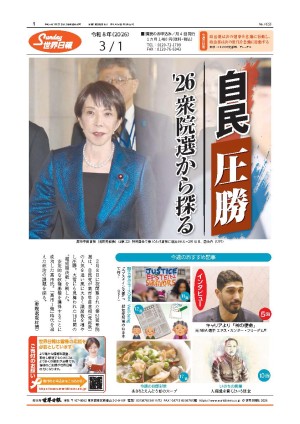A dragon by the tail 苦境に陥っている竜
A dragon by the tail
China is hurtling toward regime crisis. The Shanghai stock market roller coaster, the nervous reaction of other world markets and the frightening headlines across the world are the least of Beijing’s worries. All the bad news is, however, symptomatic of deeper concerns.
...【全文を読む】







